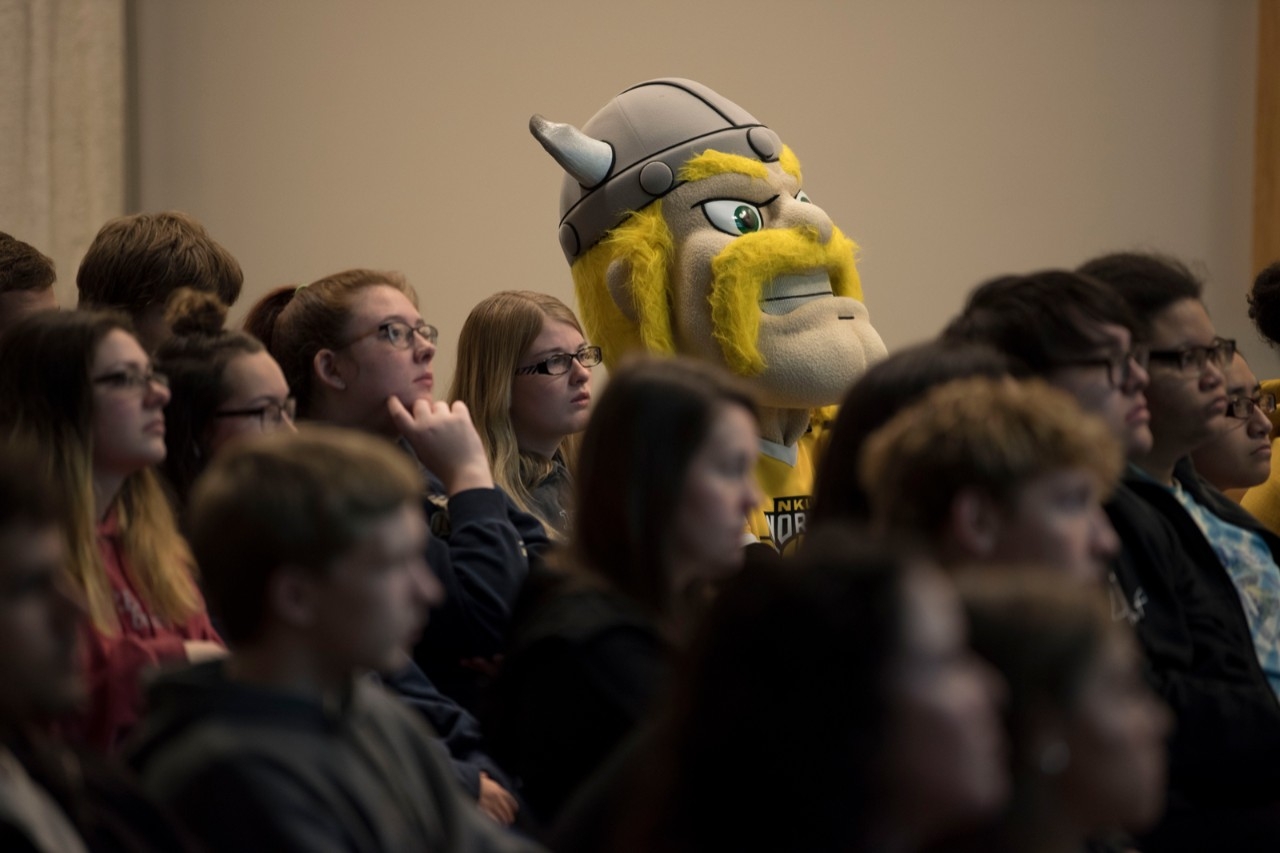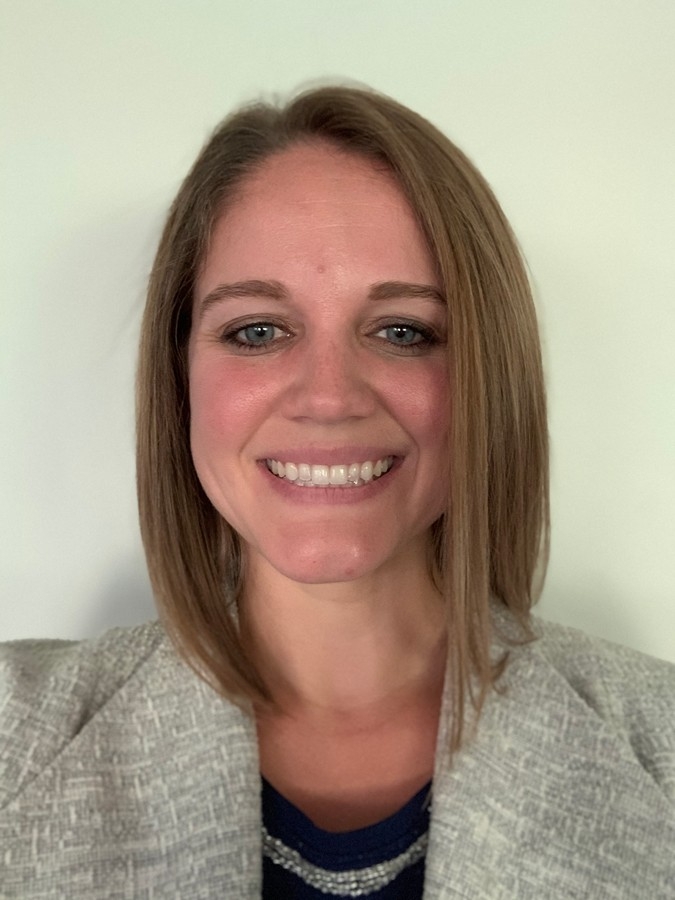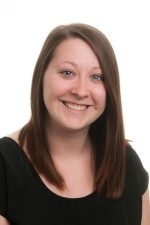One of those scholarship recipients, Megan Jones, is an English teacher to sophomores at Connor High School in Boone County.
Jones, who is two courses into her second master’s degree, has been a teacher for the last eight years.
While her first master’s degree was more focused on education, her second master’s degree here at NKU focuses on what she really loves.
“I was drawn to teaching because I love
English. This scholarship is an opportunity to help relate to my students better and further their understanding of what it means to look at, analyze and be involved in English through literature,” Jones says. “It allows me to grow and become better in my craft. This feels like a fresh start—I can take what I’m learning and apply it in the classroom. It has a direct impact on my school and the community, and I get to see how it works.”
The scholarship doesn’t just remove the financial barriers that many high school teachers face while trying to advance their education. It will also create a community for those teachers who are teaching dual-credit courses in the Commonwealth.
“We want teachers to have an experience where they can rely on each other,” says Kristin Hornsby, SBS coordinator. “They won’t be taking the same courses, but we really wanted to them to feel like they have a cohort of people who they can move through this process with.”
Once teachers have completed the necessary graduate hours, they will be eligible to teach dual-credit courses at their high schools. During their time in the program, SBS will also provide annual faculty development training.
“We can keep up with them, introduce them to anything new and keep them engaged throughout the process to make them the best teachers they can be,” Catchen says.











